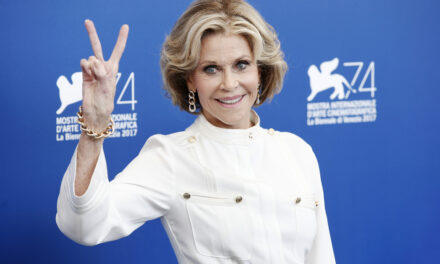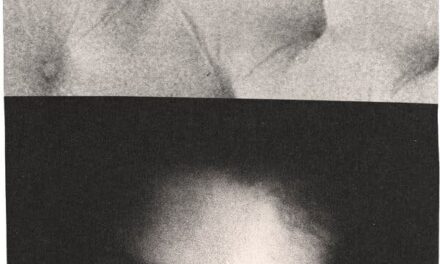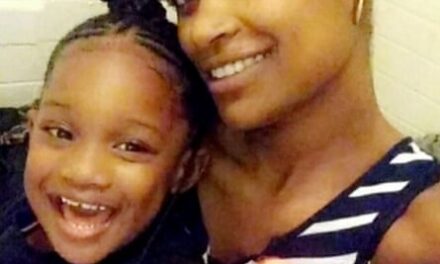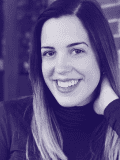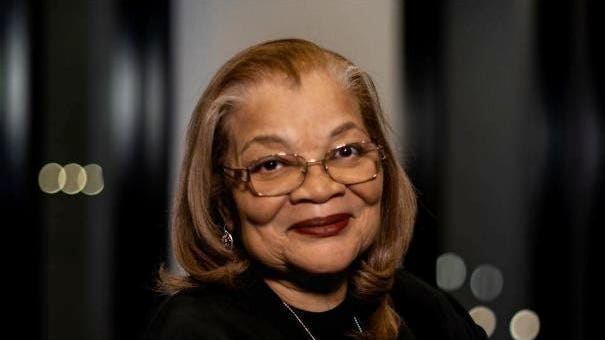
Dr. Alveda Celeste King continues her uncle’s legacy, Dr. Martin Luther King, Jr.’s, by carrying her last name as a diadem representing social justice, civil rights, and preserving human life. As an accomplished author, activist, and formerly occupying the position of state representative for the 28th District in the Georgia House of Representatives, King remains socially and civically engaged as a board member and senior advisor to “Priests for Life,” working on the outreach initiative she launched called “Civil Rights for the Unborn.” She is the Chair of the America First Policy Institute Center for the American Dream, founded the “Speak For Life” organization, and supported the Silent No More Awareness Campaign. For her efforts, she was recognized as the 2021 recipient of the Presidential Lifetime Achievement Award and the 2011 Cardinal John O’Connor Pro-Life Hall of Fame Award.
American minister and civil rights leader Dr Martin Luther King Jr (1929 – 1968) waves to the crowd … [+]
Getty Images
With the nation celebrating the 60th anniversary of March on Washington for Jobs and Freedom at the nation’s capital of her uncle Dr. King’s famous oration, “I Have A Dream,” speech he gave on August 28, 1963, Alveda King is continuing the crusade of racial and social equality in terms of advocating for the unborn. Her work centers around encouraging African-American mothers to utilize resources as an alternative to in-clinic abortions, which is prevalent in the Black community. Based on the CDC, “39% of all women who had abortions in 2020 were non-Hispanic Black.” King believes that “true progress will be achieved when we extend the unalienable rights, bestowed upon us by our Creator and enshrined in our Declaration of Independence, to unborn children.”
Yolanda Baruch: What do you believe is the greatest threat to the sanctity of Black lives?
Dr. Alveda Celeste King: There’s a shortage of fathers in the home in America and around the world, and it has eroded some of our morals, values, and protection. I was raised by patriarchs, men, and women matriarchs, and they worked together; they didn’t compete with each other. When I say that, I’m talking about Martin Luther King, Sr., my grandfather, Alfred Daniel Williams King, my dad, and his brother, Martin Luther King, Jr.; they were preachers and civil rights warriors. They were like the Kennedy brothers. [Today, we have a] lack of information, knowledge, and human compassion. We should not fight each other over skin color over gestational age in the womb. We should understand that the loss of fathers is impacting us.
Baruch: The stance that you’re taking is not popular. Women will say it is my body and the government should stay out of their decision. But what feedback have you received from Black women since the overturning of Roe versus Wade? Because within Black neighborhoods, numerous abortion clinics are available.
King: There is our community supposedly to help us. They’ll say, ‘Black women, you are underserved, underprivileged, we’re going to put abortion clinics, and they’re not clinics, killing centers in your community to help you.” How are you going to help me by killing me and my baby because women die by abortion, too. I had two abortions myself because I didn’t understand what I’m explaining to you now. I was for women’s rights and still am today. I’m a champion for women. I’m a woman, and I’m 73 years old [she turns 73 on January 22, 2024]. I had abortions when I was younger and miscarriages because [the] damage was done to my body, and I’m out here fighting for women’s rights to abort their babies. Then [in 1983], I became what’s called a born-again Christian. A woman has the right to choose what she does with her body. Absolutely. The baby’s not her body; where’s the lawyer for the baby? [Thank you] asking these questions because one thing that happens is a lot of misunderstanding occurs because we don’t have this conversation.
Baruch: How is abortion racist? And its impact is disproportionate on black women?
King: Genocide is a cultural issue, and it deals with skin color; it deals with class, rich against poor, skin color against skin color. People considered to be underserved will more than likely get assistance in killing their children rather than training, helping their children [receive] spiritual nourishment, a good education, and moral values. So sometimes those who have feel that it’s easier to help me kill my child than it is to help me to come into what I call a stable family unit. But a lack of information and killing, maiming, and disfiguring our weakest, whether it’s by abortion, transgender surgery, or locking everybody up in jail, is misplaced compassion. Abortion is a crime against humanity. Abortion takes away the dignity of the youngest and weakest human beings. So, there should be a way to serve everybody in distress without killing anybody. There has to be a better human way to serve humanity than killing. Martin Luther King Jr. said during the Civil Rights Movement, “America will not reject racism till America sees racism.” Frank Pavone over at Priests For Life says, “America will not reject abortion until America sees abortion.”
Baruch: Can you talk about the Priests for Life Initiative and the civil rights for the unborn unborn? Can you tell us in detail what that entails?
King: Civil rights for the unborn can be best described as this: [to inform Black Americans and the general public about the harmful impact of abortion and artificial family planning, to educate the community about the sanctity of life, and to activate the community to combat the detrimental effect and scourge of abortion and genocide.] How can the dreams survive? Life is a human rights issue, a woman’s issue, a family issue, and a civil rights issue. But those in the womb need fair and equal representation.
Baruch: What rights can men start advocating for, especially if they are in a relationship and don’t want their wife or girlfriend to abort the child? Some feel powerless.
King: A lot of times these pregnancy care centers, they have counseling [for] men and boys to ask them to be accountable, and then later when it hits them, they realize, “I aborted my own dreams, I should’ve been there, that’s my future.” There are programs at many of the pregnancy care centers. I have a goddaughter, Angela Stanton-King; she has Auntie Angie’s House, where she gives shelter to mothers and women. There are programs, men advisors on her board, and committees that also work with the whole community. So, it’s very important to look at the whole issue holistically.
For more information visit here.


